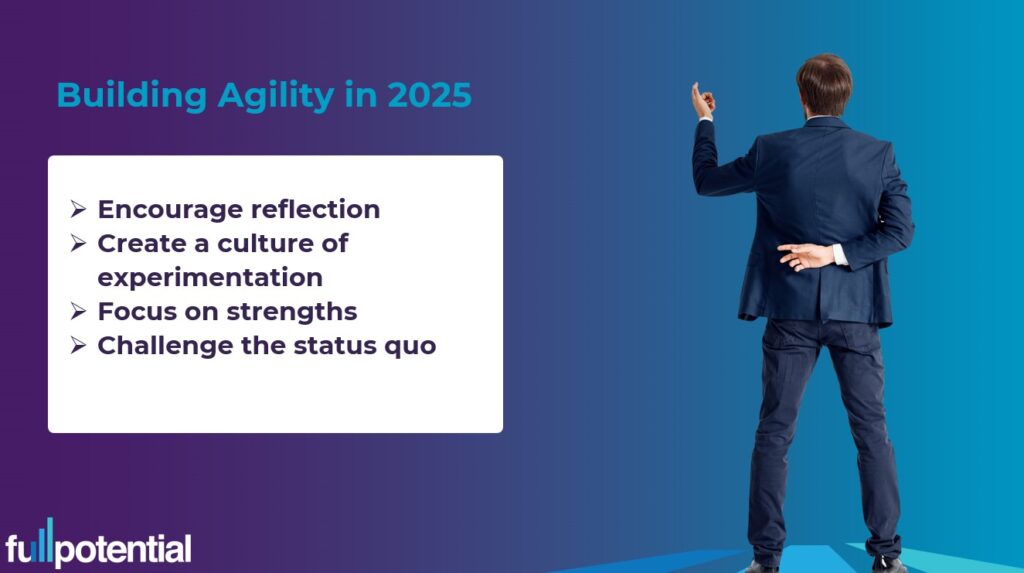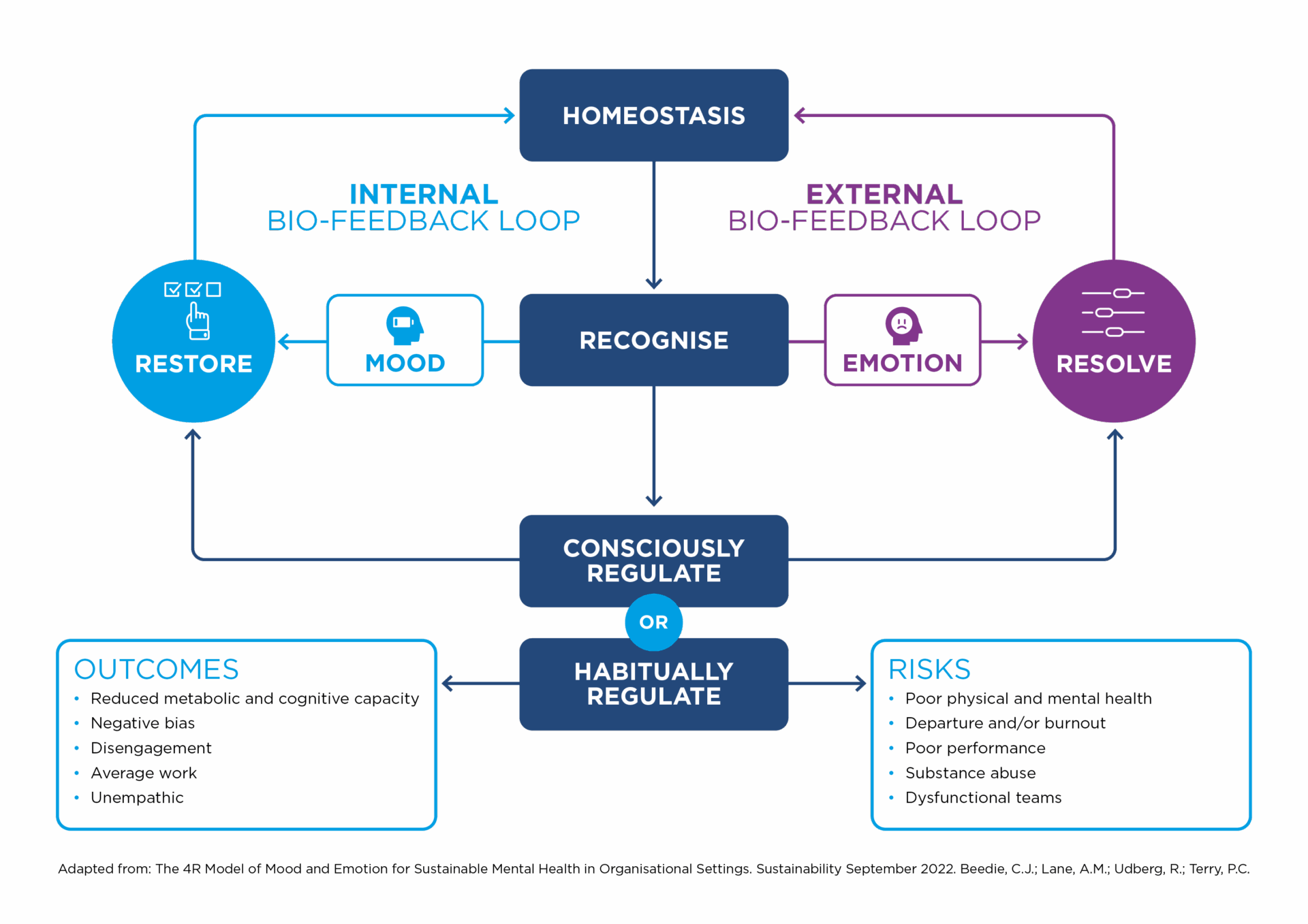Unwiring Old Habits: Reflecting and Releasing for Greater Agility in 2025
According to the World Economic Forum, 50% of employees currently need reskilling!
To thrive in a world that is increasingly complex and rapidly changing, key skills such as critical thinking, problem solving, active learning, flexibility, adaptability, resilience, and stress tolerance are becoming essential for individuals, teams, and organisations alike.
For many, developing these skills means not only learning new things but also unlearning old habits, which can be challenging. Unlearning can be difficult because it requires us to let go of long-standing approaches. Take the adoption of AI, for example; many people are rethinking their assumptions and beliefs about its value, moving from a mindset of control to one that recognises AI’s role in innovation. This shift challenges us to adapt by leveraging AI while embracing the unique impact of human interaction. Another example is the shift from annual performance appraisals to more regular, employee-led conversations around engagement, motivation, and development. For some, this transition is liberating, while for others, it feels unfamiliar and even uncomfortable.
How Can We Embrace Unlearning?
The first step is recognising its importance. As Marshall Goldsmith’s book title suggests, “what got you here won’t get you there.” We need to constantly question the assumptions we hold, creating environments—at work and at home—that encourage us to ask ‘why’ and ‘how do we know?’ This helps us counter confirmation bias, our tendency to favour information that aligns with our existing beliefs. Overcoming this isn’t impossible, but it does require mindfulness and a conscious effort to explore new perspectives.
A helpful way to visualise unlearning is to imagine established habits or assumptions as a “superhighway” in the mind—a path (neural pathway) your brain takes with ease. Unlearning requires intentionally taking an alternative path, like choosing an overgrown country road. At first, it’s challenging, but over time (around 3 months), this new path becomes more familiar. With enough conscious repetition the new path (neural pathway) becomes the superhighway, and the ‘old’ path becomes the overgrown path.
As futurist Alvin Toffler observed, “The illiterate of the 21st century will not be those who cannot read and write, but those who cannot learn, unlearn, and relearn.”
Year-End: A Perfect Time to Let Go and Build Agility
With the year-end approaching, now is an ideal time for teams to reflect on and release outdated ways of thinking. Guiding teams through a process of “unwiring” old behaviours can encourage greater flexibility and adaptability. By breaking down silos, challenging the status quo, and promoting agile approaches, transformational leaders can create a culture that welcomes change and innovation.
Practical Steps to Unlearn, relearn and Build Agility in 2025
1. Role Model & Encourage Reflection: Help team members identify habits that may be holding them back and embrace openness to change.
2. Create a Culture of Experimentation: Provide space for new ideas and approaches, embracing a trial-and-error mindset.
3. Focus on Strengths: Emphasise flexibility and resilience, essential skills for adapting to new challenges.
4. Challenge the Status Quo: Regularly reassess current processes and question if they still serve the team’s goals
5. Consider reverse mentoring: consider being mentored by someone who is younger & who sees the world very differently from you
Moving Forward with Agility and Openness
As we look towards 2025, the ability to release rigid thinking and embrace agile mindsets will be crucial for ongoing success. By building a culture of unlearning and adaptability, organisations can better equip their teams to face an unpredictable future with confidence.
Ready to start unwiring old habits and building a more agile, adaptable team? Contact us today to learn how we can support your journey towards transformation and growth.







